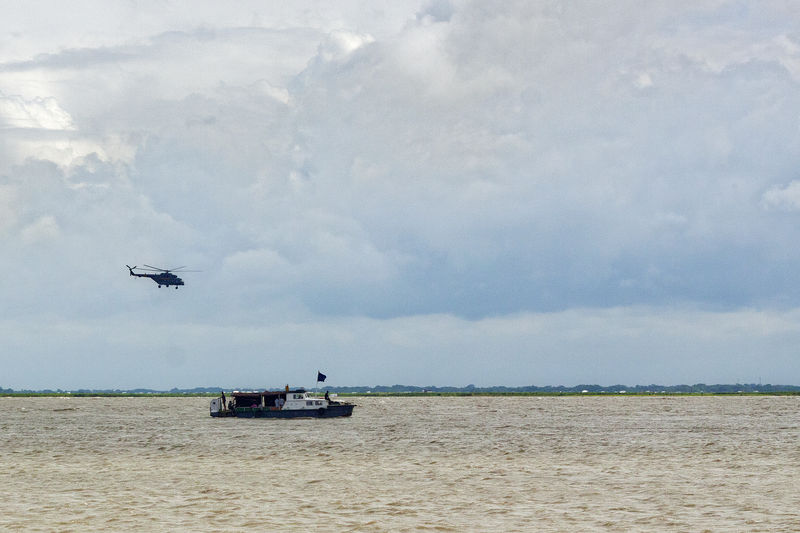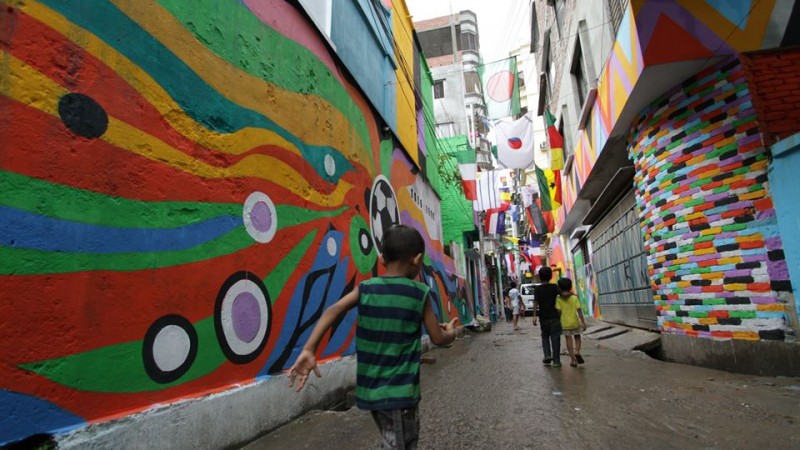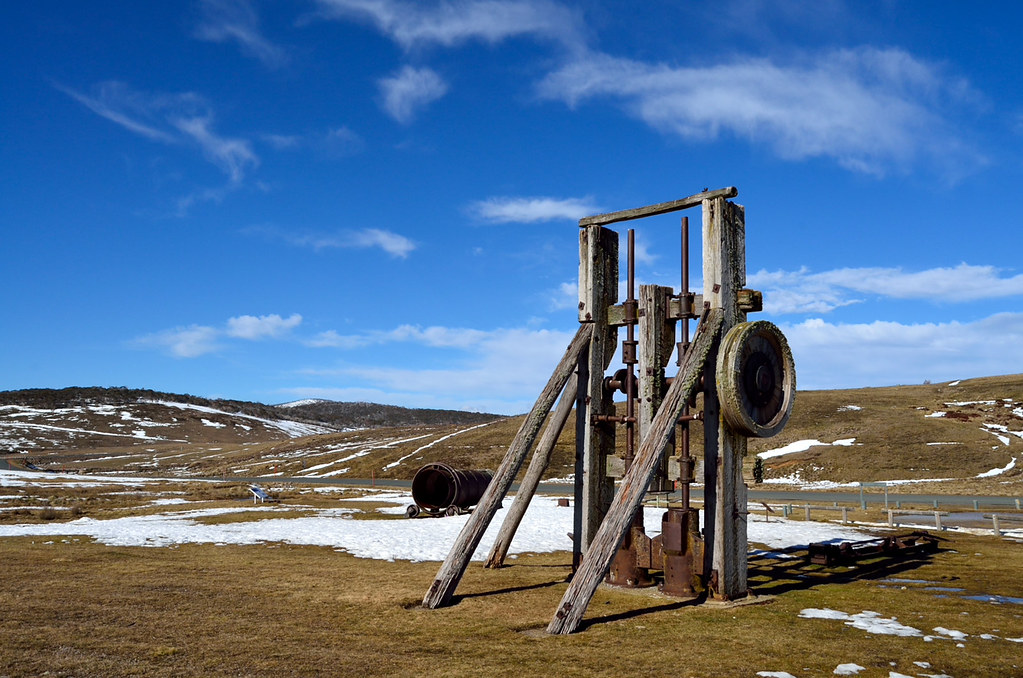Goethe once said that traveling is like gambling. Because if you expect less, you receive, more or less than what you hoped for and you win.
I did not know what to expect when I planned the one day trip to the Netherlands. We had some relatives from Bangladesh who were keen to visit a neighboring country. I promised them that I will take them to the land of the flowers. But they were just a month late for the tulip season. Still they had Netherlands in mind and I was not sure whether the one day trip will be worthwhile.

So I gambled and invested in a portable satellite navigation system. Believe me if you are a stranger driving in a land you have never been before it is the best companion you could ever wish for. It could navigate to almost all of the remotest of destinations I entered from the ADAC (automobile club) tour guide tips.
We started from Berlin in the morning and the sky was gloomy. It drizzled in some parts as we drove through the middle of Germany. But the sky cleared up as we approached the Netherlands border. You will hardly notice the border crossing because there is only a tiny board welcoming visitors to Netherlands. And you will soon notice the difference. Drivers get very indulged in driving fast in Germany thanks to limitless Autobahns in many parts. As soon as you enter the Netherlands, the speed limit 120km/h in highways seem suffocating. My navigator was frequently screaming "watch out" as the speed limit warning mode was on. But thanks to it I did not get a ticket.

We arrived at a hotel near Schiphol airport (Amsterdam) on around 4:00PM. After relaxing a bit, we headed for
Haarlem, nicknamed 'Bloemenstad', the city of the flowers. We wanted to go to the Grote Markt. But the navigator got a little confused because of limited access in the narrow roads. It was Sunday evening and almost everything was closed but we enjoyed the scenic view of the city. The old architecture and the serenity of lives around the canal were simply superb. Until the 16th century the water for the famous beer industries was taken from this canal.

So we proceeded to our next destination
Ijmuiden, the main town of the municipality of Velsen. It was not a tourist destination until recently. There is a marina and there are some beautiful Dutch architectures and landscape sceneries. We stopped at the Ferry terminal for some tea and got the glimpse of this ocean liner. The port activities were pleasing. Everybody posed in front of the liner as if we will be boarding on it soon.

But the best part of the road from Ijmuiden towards the beach town Zandvoort were the painting perfect houses. I have seen many houses fresh from the canvass of a famous painting in some rural parts of Netherlands. Some houses (like the one in the picture) had customized flora and fauna which can easily win competitions. I wished I were not driving and recording this all with the camera. But I am sure even cameras won't be able to replicate the beauties my eyes have seen.

Next stop
Zandvoort is famous for its sandy beach and its famous automobile racing circuit. The interesting thing of this beach is it has private houses along the beach where you can spend the holiday and watch the waves through glass wall of your living room. The marine drive was pleasing. We learnt later that it also has a nudist beach. Then we proceeded for the Tulip gardens situated near the town Lisse. We tried to go near Keukenhof, the center of famous tulip gardens but our navigator lost its way somewhere. Nonetheless we saw some vacant tulip gardens which are overall in the locality.
We headed for the hotel as our tour ended for the day. The ubiquitous Mcdonalds took away our worries about looking for a dinner in a Sunday night.

The next morning started with the tour of
Amsterdam. The town looked less attractive than those beauties we saw yesterday. And its more like going through the motion as a typical tourist. Watching the Queens palace being restored with building equipments was not something you would expect.

I so longed for a boat ride along the canals of Amsterdam (something I missed during my last trip to Amsterdam). But my entourage declined as they had kids suffering from cold. So probably this will bring me back to Amsterdam again. We had so little time and could not visit any museum. Our venture was only limited to pure sightseeing and roaming around souvenir shops. We stopped briefly in Prinsen Gracht and Margere bridge. We had to return on Monday. So at around noon we started towards Berlin.
On the way we touched
Almere, a city on the reclaimed land, several meters under sea level. The dam on Ijsselmeer made this reclamation possible. Although though for using these lands for agriculture, it is now used as a city. It brags to become a metropolitan like Amsterdam some day. The first house was finished in 1976 and the architecture are modern. We saw offices of multinationals like IBM and Pioneer there.
We came back to Berlin at around 8:00 PM and the 1500 km journey in 36 hours had ended. I have won the gamble.













































